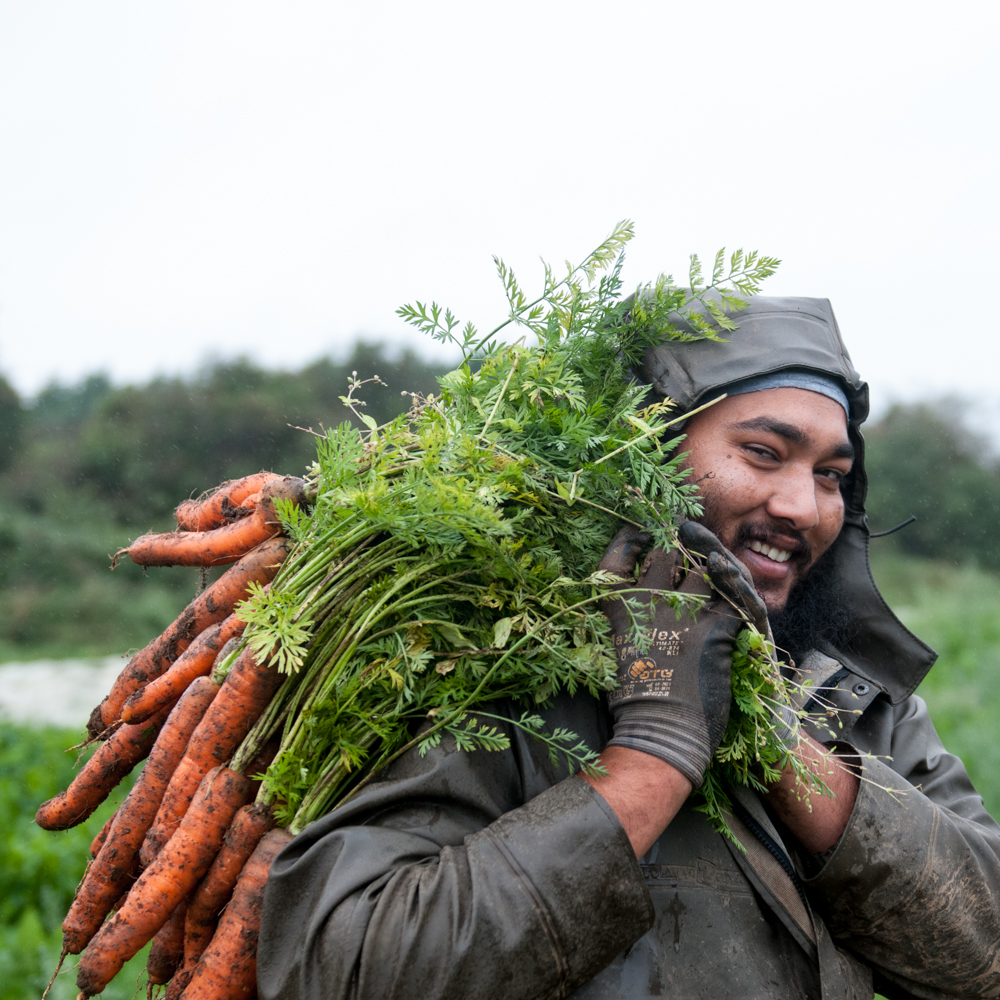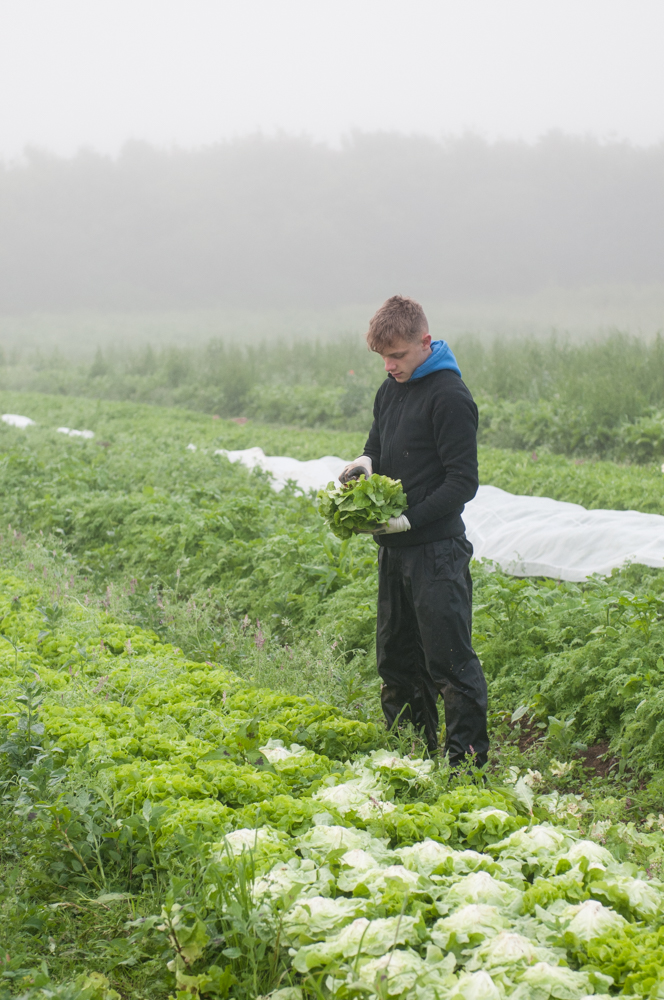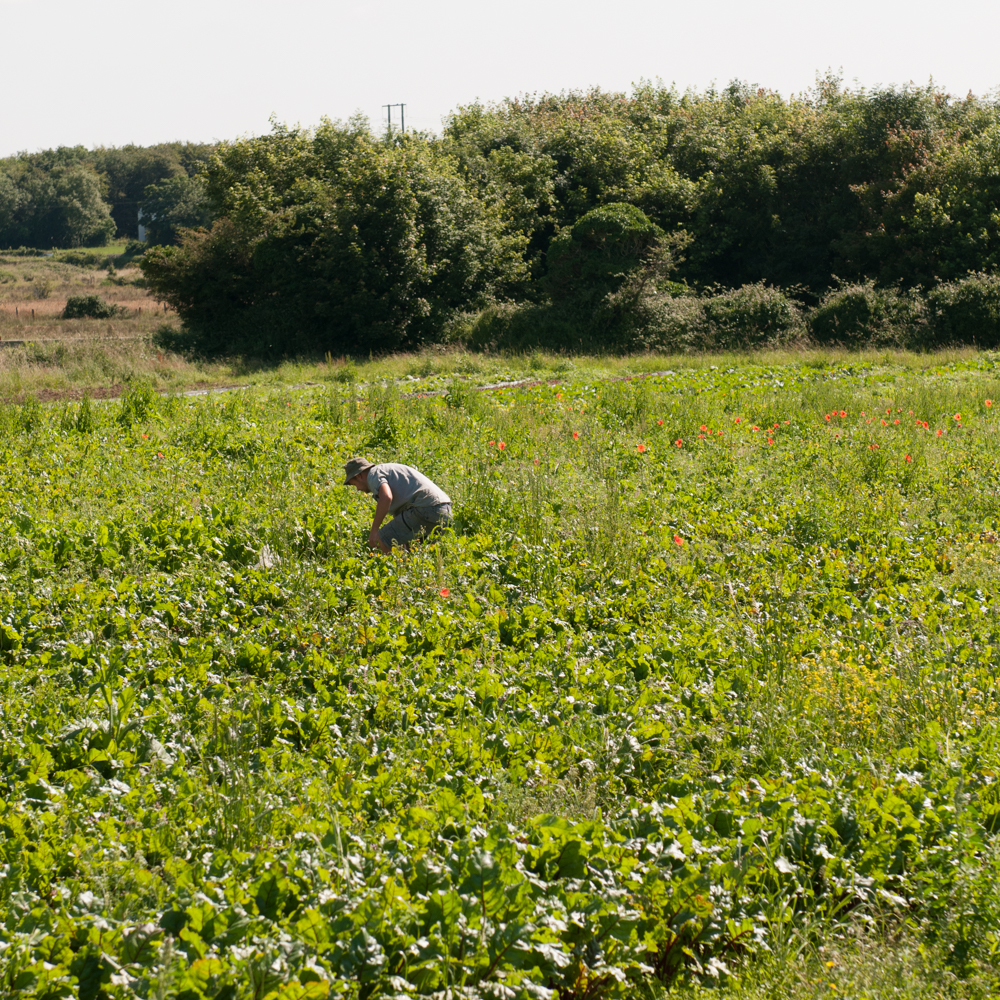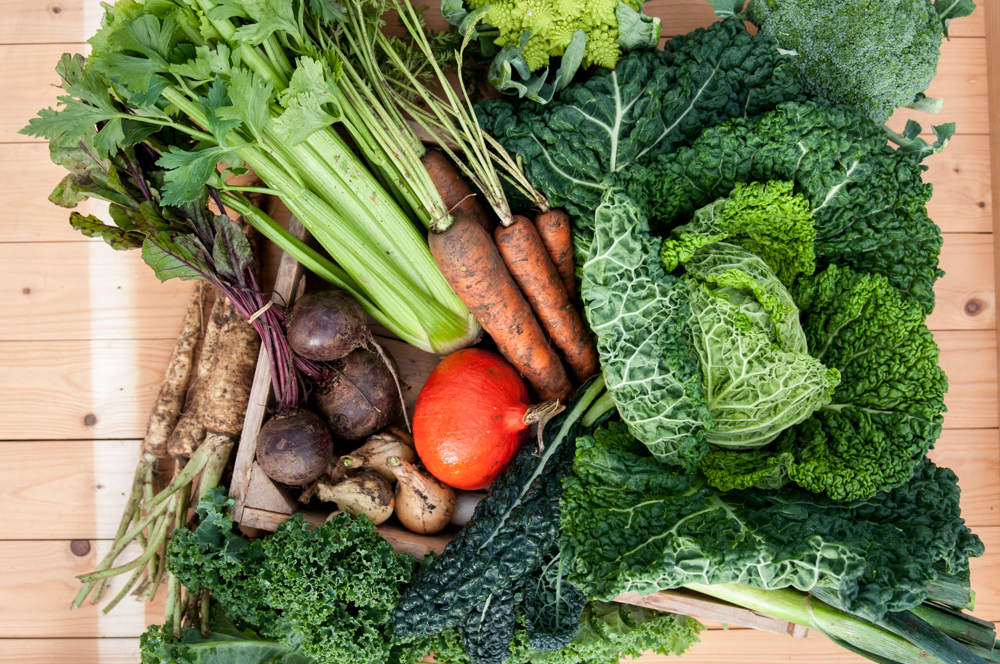
A resilient food system is one with the ability to prepare for, withstand and recover from a crisis or disruption. This is important at any scale. If you are an allotment holder or have a veg patch in your garden, you want it to be resilient. You want to ensure your efforts can’t be completely destroyed by unexpected pests or weather so you plant a variety of crops in case some fail, you prepare for and prevent damage from pests and weather. The same goes if you have a large farm – it’s wise to plan with resilience in mind too. Planting huge mono-crops, or factory farming animals, although less work and more profitable in the short term, is terrible for the soil and the environment, and you need to use a lot of pesticides and antibiotics to ward off large scale pests and disease. It is a shortsighted, damaging way of farming.

Organic farms on the other hand, have resilience built into their roots. Organic agriculture doesn’t rely on external, artificial or chemical inputs, or genetic engineering to grow sufficient food. Organic vegetable farmers grow trees and hedges alongside a diverse range of crops and cover crops which mimics nature and prevents flooding, drought, pests, soil degradation, water pollution and more. All these protective and nourishing measures combat climate change and future-proof our agricultural land. We dream of a future where organic farming practises are the norm.

We like to think, if you run a country, food resilience and the ability to feed the nation when things go wrong should be one of your top priorities. Resilience-testing events like climate change and wars are no longer just on the horizon. So apart from voting for leaders who prioritise climate action, peace and fair trade with our neighbours, what can we do to ensure Ireland is a food resilient nation? We say, also vote with your money – buy local whenever it’s available and alway choose organic. What are your thoughts?

